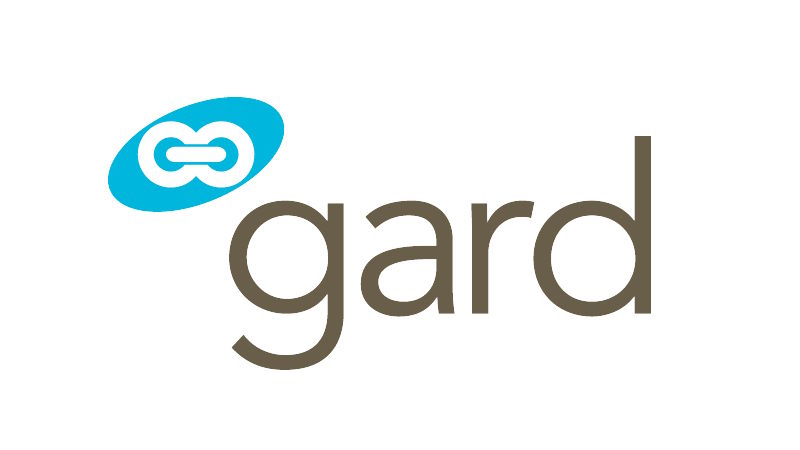Gard launches war risk service with a mutual spirit

In response to rising geopolitical tensions, Gard today announced a new, top-of-the-range war risk service, making it easier for clients to mitigate risks in a fast-changing environment.
Gard offers the new service through an agreement with the Norwegian Shipowners’ Mutual War Risks Insurance Association (DNK), a market-leading provider of intelligence, active loss prevention services and war risk covers.
Bjørnar Andresen, Gard’s Chief Underwriting Officer, said: “We live in uncertain times, and our clients rely on good intelligence and unfiltered threat assessments to make the very best decisions they can. With this improved war risk service, we are taking a big step forward, offering our clients with war risk led by Gard something that can make a huge difference in helping to prevent losses and improve operational safety.”
“From 1 November, our lead clients on War will be able to benefit from a wide range of intelligence products delivered by DNK. They can also get tailored and exclusive intelligence reports upon request, as well as additional expertise and support in cases of crisis and war risk incidents. All vessels with Gard war lead will be monitored by DNK`s Intelligence & Operations Centre and receive warnings when a vessel may be affected by an imminent security threat,” Andresen added.
The new service supplements the recently launched Gard war risk portal, a digital underwriting tool providing automated breach detections and additional premium calculations to Gard’s lead clients.
DNK is a specialized war risk insurer for Norwegian shipowners with substantial capabilities in intelligence, loss prevention services and war-related incidents. Freddy Furulund, DNK’s Director of Security and Contingency, said:
“We are happy to have entered into this agreement with Gard and look forward to continuing what is already a very constructive collaboration. Our mission is to increase resilience, safety and stability for the maritime industry, and with geopolitical tensions running high, this is perhaps more important than ever.”

